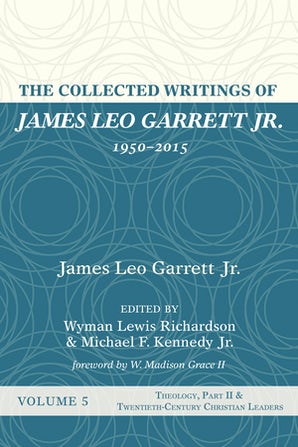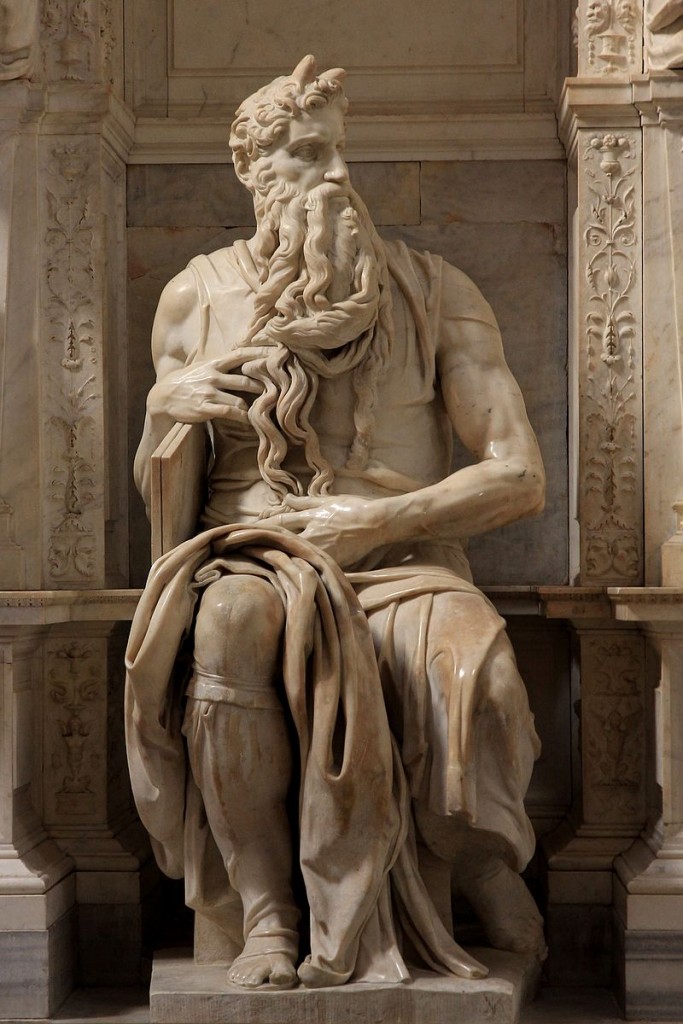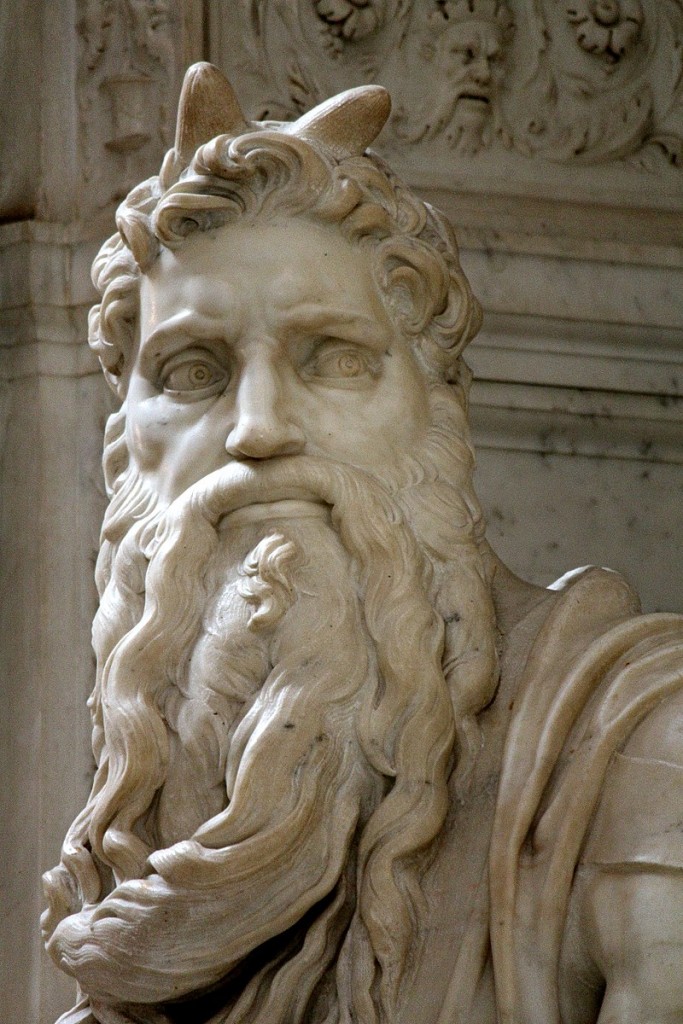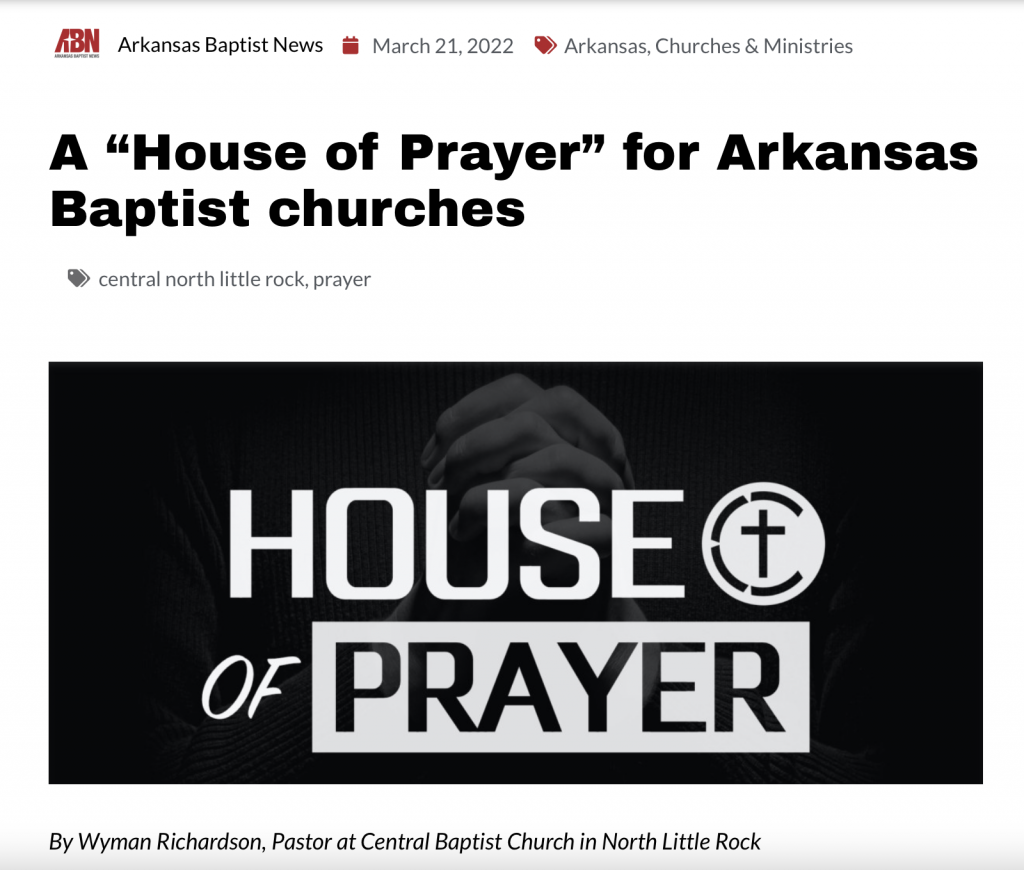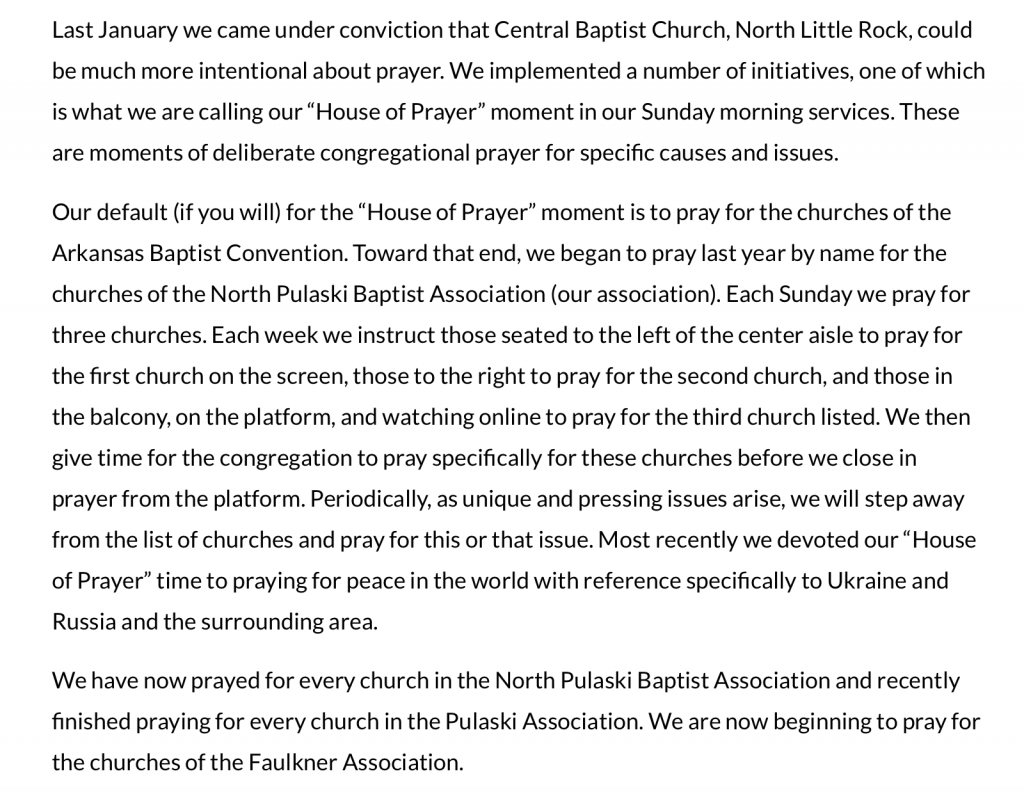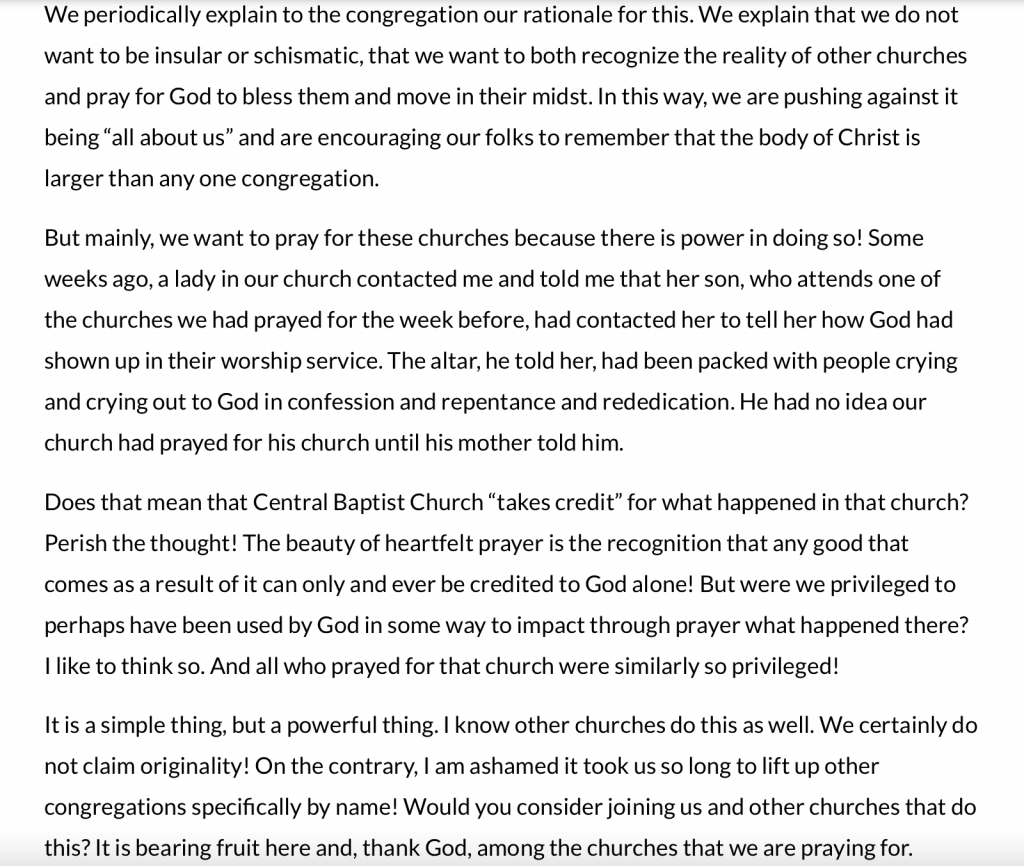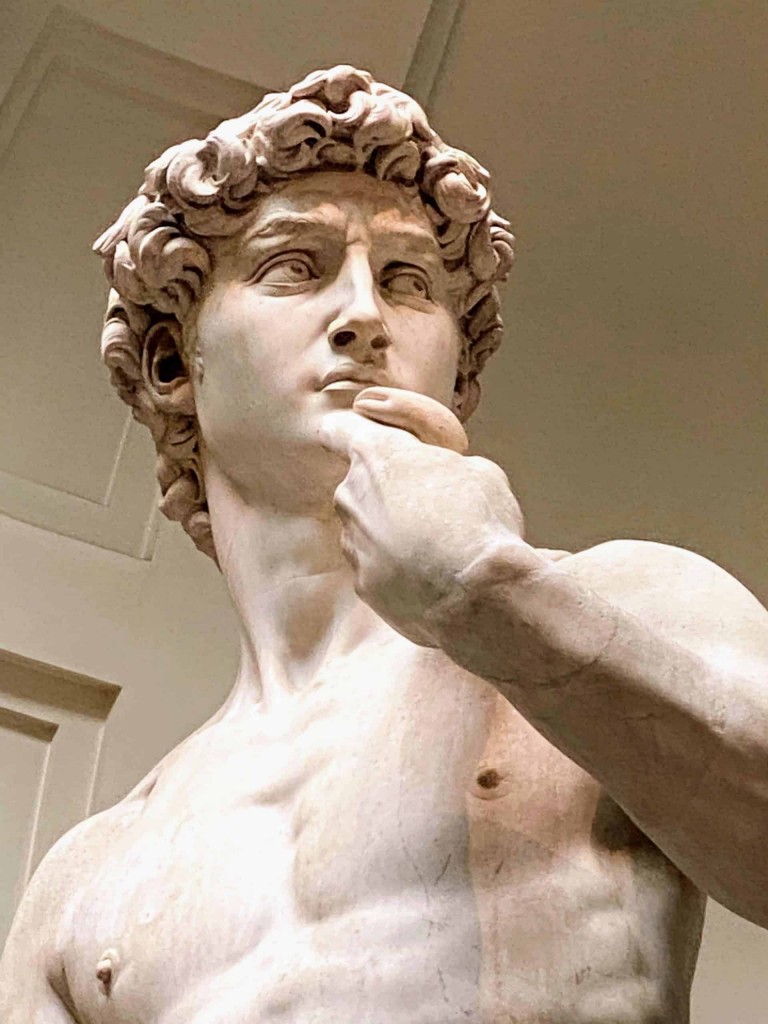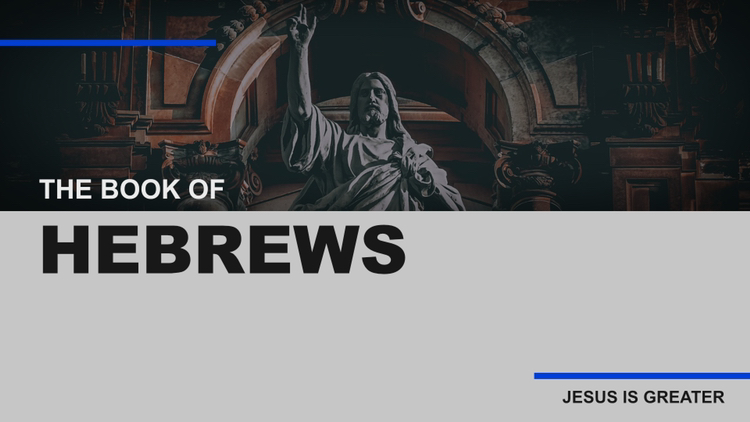
Hebrews 3:7-19
7 Therefore, as the Holy Spirit says, “Today, if you hear his voice, 8 do not harden your hearts as in the rebellion, on the day of testing in the wilderness, 9 where your fathers put me to the test and saw my works for forty years. 10 Therefore I was provoked with that generation, and said, ‘They always go astray in their heart; they have not known my ways.’ 11 As I swore in my wrath, ‘They shall not enter my rest.’” 12 Take care, brothers, lest there be in any of you an evil, unbelieving heart, leading you to fall away from the living God. 13 But exhort one another every day, as long as it is called “today,” that none of you may be hardened by the deceitfulness of sin. 14 For we have come to share in Christ, if indeed we hold our original confidence firm to the end. 15 As it is said, “Today, if you hear his voice, do not harden your hearts as in the rebellion.” 16 For who were those who heard and yet rebelled? Was it not all those who left Egypt led by Moses? 17 And with whom was he provoked for forty years? Was it not with those who sinned, whose bodies fell in the wilderness? 18 And to whom did he swear that they would not enter his rest, but to those who were disobedient? 19 So we see that they were unable to enter because of unbelief.
A few years back Penguin publishers published Cory Arcangel’s book, Working on My Novel. The book is simply a collection of tweets from various people that include the phrase “working on my novel” (with, oddly enough, drawings of kettles interspersed throughout). Arcangel, the compiler, said of the book that it
is about the act of creation and the gap between the different ways we express ourselves today. Exploring the extremes of making art, from satisfaction and even euphoria to those days or nights when nothing will come, it’s the story of what it means to be a creative person, and why we keep on trying.
But Dan Piepenbring, a reviewer for The Paris Review, calls it instead “a sad monument to distraction.” Piepenbring continues:
Arcangel suggests there’s something inherently ennobling in trying to write, but his book is an aggregate of delusion, narcissism, procrastination, boredom, self-congratulation, confusion—every stumbling block, in other words, between here and art. Working captures the worrisome extent to which creative writing has been synonymized with therapy; nearly everyone quoted in it pursues novel writing as a kind of exercise regimen. (“I love my mind,” writes one aspirant novelist…)
The reviewer then makes a devastating observation about these tweets:
But failure is seldom on the minds of these writers, except insofar as it stands, temporarily, between them and inevitable success. As of now, there are 675 of those would-be writers featured on the Twitter version of Working, and yet a rudimentary search shows that the word fail has been deployed exactly zero times. What prevails instead is a kind of Pollyannaish resilience…[1]
In other words the collection of distracted tweets reveals a kind of optimistic naivete on the parts of those who tweeted that there would in fact be time to finish their novels, that there is nothing a bit pitiful about so many comments about doing something one could not be actively doing while commenting on it, and that there was no worse-case scenario where their delays and distractions could result in the, to them, unthinkable: failure.
The scriptures take a decidedly more realistic view. They discourage us from speaking much of tomorrow or of later. They encourage us to make the most important decision—the decision to come to God—now. And they paint a rather chilling picture of the terrible consequences of waiting too long. The latter half of Hebrews 3 paints just such a picture, though, as we will see, the picture it paints is supported by numerous other texts.


